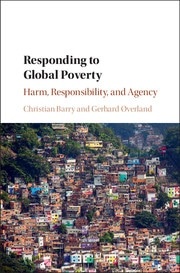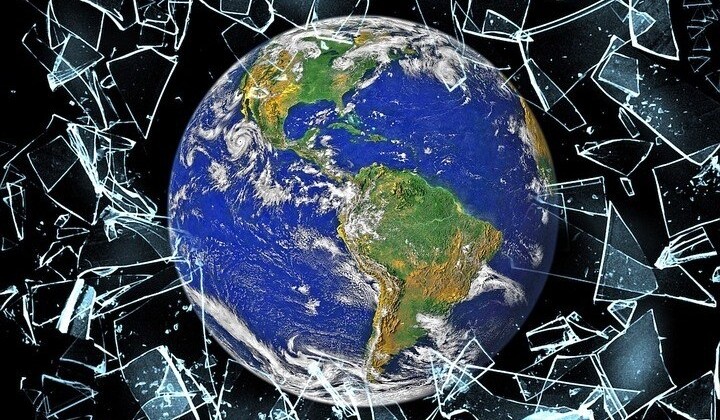 Responding to Global Poverty: Harm, Responsibility, and Agency, Christian Barry and Gerhard Øverland (Cambridge, U.K.: Cambridge University Press, 2016), 272 pp., $99.99 cloth.
Responding to Global Poverty: Harm, Responsibility, and Agency, Christian Barry and Gerhard Øverland (Cambridge, U.K.: Cambridge University Press, 2016), 272 pp., $99.99 cloth.
The modern literature on responding to global poverty is over fifty years old and has attracted the attention of some of the most prominent analytical political theorists of the age, including Brian Barry, Charles Beitz, Simon Caney, Thomas Pogge, John Rawls, and Peter Singer. Yet in spite of this extraordinary concentration of brainpower, the problem of global poverty has quite clearly not been solved or, indeed, adequately defined. We are therefore entitled to ask two questions of any new contribution to this literature: first, what does it have to offer that past work does not; and second, what reason is there to think that, this time, it will truly make a difference. These questions will be posed below, but before undertaking this task it may be useful to offer an overview of the field, with particular attention to why the problem of global poverty seems so intractable.
Full essay available to subscribers only. Click here for access.
More in this issue

Fall 2017 (31.3) • Essay
After Liberal Hegemony: The Advent of a Multiplex World Order
In this essay, Amitav Acharya argues that as the U.S.-dominated world order comes to an end, liberal values and institutions will not disappear, ...
Fall 2017 (31.3) • Feature
Climate Engineering and the Playing God Critique
The “playing God” critique charges that humans should not undertake to control nature in ways that overstep the proper scope of human agency. In this ...
Fall 2017 (31.3) • Review
When Norms Collide: Local Responses to Activism against Female Genital Mutilation and Early Marriage by Karisa Cloward
In this book, Karissa Cloward employs a mixed-methods study to examine the ways that local communities react to transnational activism and international norm promotion. In ...